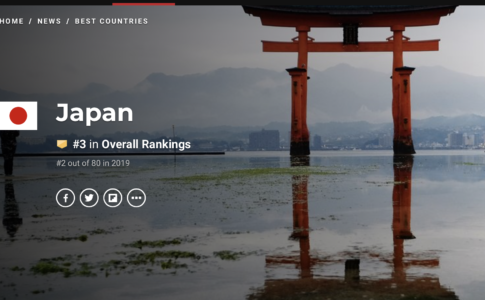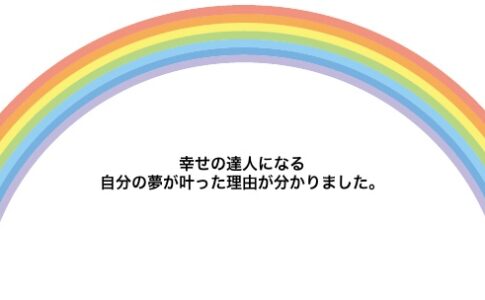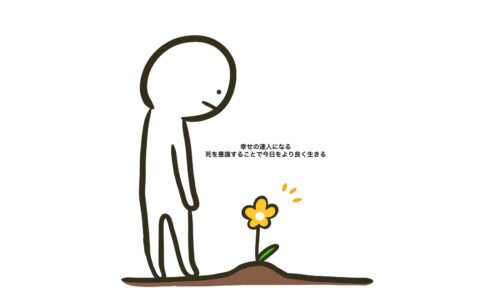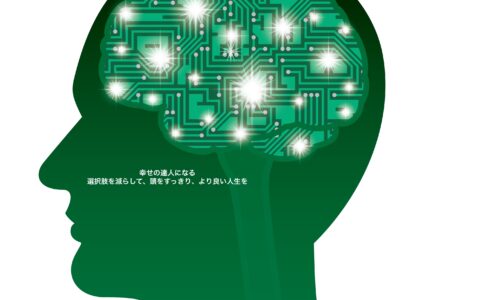韓国と北朝鮮の統一は、西ドイツと東ドイツが統合したように将来的にあり得るのでしょうか。
韓国と北朝鮮の分断は、75年前に終結した第二次世界大戦後に起こったことですが、日本という一つの国家が分裂するかもしれないなどいうことは普段考えることもないと思います。色々と不満もありますが、平和な時代に生まれてきたことを素直に感謝したいと思います。
英文
In the summer of 2019, South Koreans were shocked by the news that a North Korean woman, who had fled her country through China a decade before, had died with her young son in her flat in Seoul. Weeks passed before a building manager found the bodies. Authorities concluded she had starved.Though the case was unusual, it highlighted an important truth. Much is made of how Koreans have thousands of years of shared history and culture. But the split between the communist North and the capitalist South after the second world war was deep and traumatic. Today, people who flee the impoverished dictatorship of Kim Jong Un for the rich, free South find it hard to adapt to life in such a different society. This matters immensely if the two Koreas are ever to reunite.
For a few heady months in 2018, change was in the air. In April 2018 Moon Jae-in and Kim Jong Un met for the first time in Panmunjom in the demilitarised zone and stepped hand in hand across the border between their countries. South Korea (and much of the world) swooned. The two leaders vowed to accelerate efforts to reunify Korea by stepping up economic co-operation and intensifying personal exchanges. They promised to reduce military tensions and formally end the Korean war. They also said they would work towards a “nuclear-free” Korean peninsula.
The “spirit of Panmunjom” rekindled discussion about the possibility of reunification.
How might reunification play out? For years, South Koreans looked to East and West Germany as an example. An economically and politically weak North Korea would be “absorbed” by the South. Refugees would surge southwards. The cost to southern taxpayers would at first be huge. But there would be new opportunities for southern firms to build modern infrastructure up north.
日本文
2019年の夏、韓国人は10年前に中国経由で北朝鮮から抜け出した女性がソウル市内のアパートで幼い息子と一緒に亡くなったというニュースにショックを受けました。建物の管理人が遺体を発見するまでに数週間が経過していました。警察当局は彼女の死因が飢によるものだと結論付けました。事件は珍しいものでしたが、それは重要な真実を浮き彫りにしました。その多くは、韓国人が何千年にもわたって歴史と文化を共有してきたことから成り立っています。しかし、第二次世界大戦後の、共産主義を掲げる北と資本主義の南の間に起こった分裂は、深く、そして深い心の傷として残っています。今日、不毛な独裁者である金正恩から逃れ、自由で豊かな韓国に渡った人たちは、そこでの異なる社会での生活に適応するの苦労しています。このことはもし両国が統合することになっあ場合に非常に重要なことです。
2018年の浮き足だった数か月間、変化が起こるように思えました。 2018年4月、文在寅(ムーンジェイン)氏と金正恩氏(キムジョンウン)は非武装地帯である板門店で初めて会い、国境を越えて歩み寄りました。そして韓国(また世界中)は熱狂しました。両首脳は、経済協力を強化し、個人的な交流を強化することにより、朝鮮半島統一のための努力を加速すると誓いました。彼らは軍事的緊張を緩和し、朝鮮戦争を正式に終わらせると約束もしました。彼らはまた、「核のない」朝鮮半島に向けて努力するとも述べたのです。
「板門店の精神」は再統合の可能性についての議論を再燃させました。
再統一はどのように行われるのでしょうか?何年もの間、韓国は、て東ドイツと西ドイツの例を見ていました。経済的にも政治的にも弱い北朝鮮は、南朝鮮に「吸収」されることになるでしょう。難民が南方に向かって溢れることになるでしょう。南の納税者が支払うコストは、最初は莫大になるでしょう。しかし、南の企業が北に近代的なインフラを構築するための新しい機会が出てくるでしょう
単語
fled = fleeの過去形で、逃げる、逃走する
impoverish = 貧しくする、不毛にする
reunite = 再開させる、再結合させる
heady = (興奮して)うきうきした、向こみずな、性急な
swoon = 熱狂する、卒倒する、気絶しそうになる
rekindle = (..に)再び点火する、再び元気づける
reunification = 再統合












コメントを残す